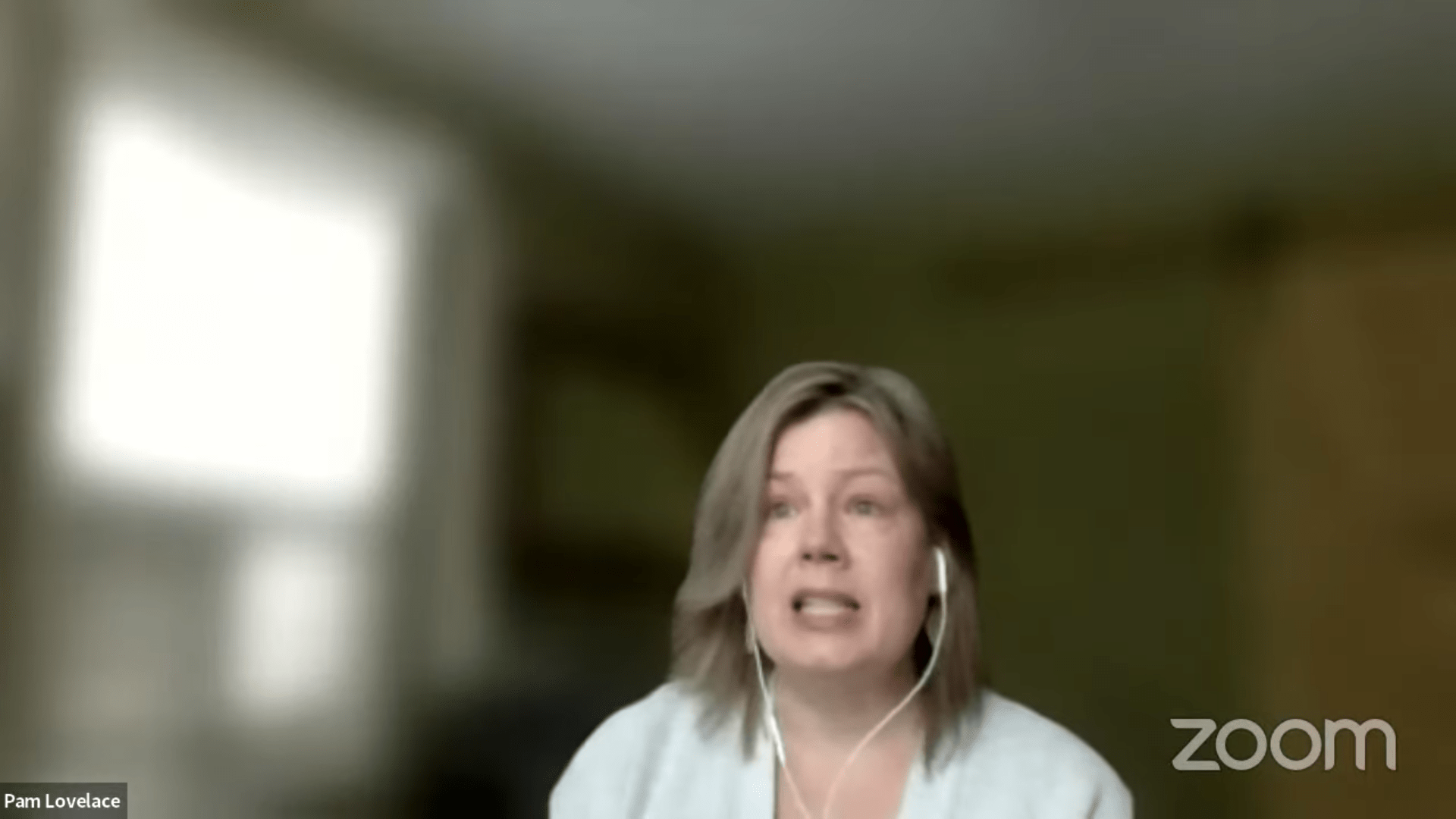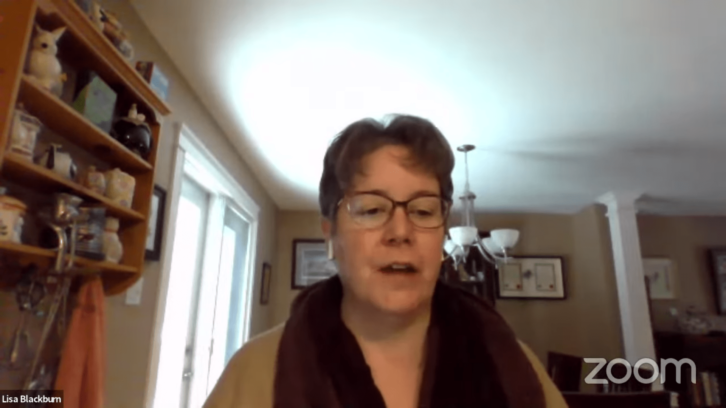Women need to know about money too, says Lovelace
Financial literacy has yet to be considered in the women’s advisory committee’s work plan

caption
Deputy Mayor Pam Lovelace brought up financial literacy during Halifax Regional Council's executive standing committee meeting on Monday.Financial literacy has never been considered during talks for the women’s advisory committee work plan.
Instead, the Halifax committee says its priorities for 2022 include housing, health, safety and quality of life and reviewing existing municipal policies to explore the needs of women and gender diverse individuals further.
“This is a group that is motivated to work,” said District 14 Councillor Lisa Blackburn, who is a member of the committee, during Monday’s executive standing committee meeting.
“They’ve come up with a real robust work plan for this year.”
The committee’s priorities include emphasizing marginalized women, non-binary people, and students. Self-care and work-life balance, mental health issues facing women, breast cancer, free menstrual products, gender-based violence prevention, sex trafficking in HRM and women’s income are classified under the health and safety section of their priorities.
“It’s great to see this committee, you know, really working hard and reaching out to all kinds of different initiatives and community groups,” said deputy mayor Pam Lovelace, who brought the financial literacy question forward.
“Studies that Families Canada did showed an increase in women’s ability to become much more independent and successful … not only for the women to advance but for the children as well.”
Financial literacy refers to the knowledge and skills needed for people to keep track of their finances, make ends meet, plan ahead, and make informed decisions.
The study Lovelace referred to was part of Families Canada’s three-year project on increasing financial literacy for women living on low incomes.
The study found that when low-income women can access financial literacy education programs, they are in a better position to “fully participate in economic life, help build a stronger economy, and improve the quality of life for themselves, their families, and their communities.”
It also mentioned that the global pandemic has intensified financial challenges for many people, and revealed “a concerning lack of financial resilience.”

caption
Blackburn said the committee is open to a presentation on financial literacy.
“As you can tell from the work plan, this is a group that’s focusing their attention, in the next few months anyway, on just making sure that women’s voices are part of Halifax,” said Blackburn.
“(It’s) also part of the review of policing that’s going on at so many different levels.”
In its December 2021 work plan, the committee identified several common themes that women across Halifax Regional Municipality regularly deal with. These included climate change, housing security for women and the engagement of women in municipal politics.

